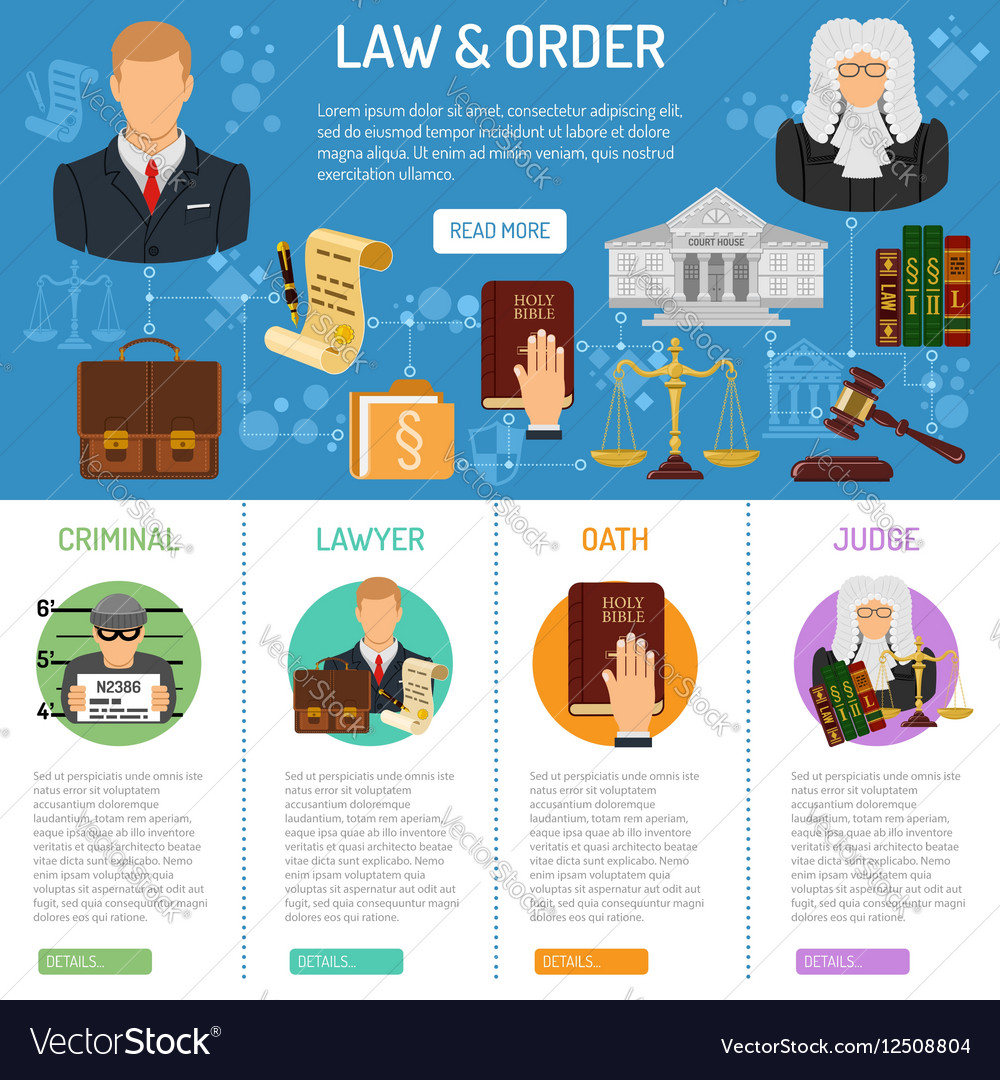The Rate Of Deceit: A Financial Analysis Of White Collar Crime'S Effects
The Rate Of Deceit: A Financial Analysis Of White Collar Crime'S Effects
Blog Article
Web Content Writer-Henry Melchiorsen
Think of an immaculate yard, thoroughly nurtured over years, filled with vibrant blossoms and rich plant. Currently, photo a swarm of dangerous insects calmly penetrating this sanctuary, gnawing away at the origins and flowers, leaving behind a path of destruction.
This allegory aptly captures the price of clerical crime, a sneaky menace that penetrates our economic climate with ravaging consequences. As you step into this discussion, prepare to discover the concealed financial influence of white collar crime and the far-ranging effects that linger long after the perpetrators have actually vanished from the scene.
The Financial Toll of Clerical Crime
White collar crime exacts a heavy monetary toll on people, organizations, and the total economic situation. It isn't simply a victimless criminal offense or a minor hassle. The effects are far-reaching and terrible.
When individuals succumb clerical criminal offense, they frequently shed their life savings, their homes, and their complacency.
https://dui-attorney64319.blogofchange.com/31673089/find-out-about-the-authentic-experience-of-partnering-with-a-criminal-defense-attorney-in-the-court-room-discover-the-truth-and-be-prepared-for-the-unexpected , on the other hand, endure substantial economic losses because of scams, embezzlement, and other types of white collar criminal offense. These criminal offenses result in decreased revenues, harmed credibilities, and even personal bankruptcy in many cases.
Additionally, the economic climate as a whole experiences as white collar crime undermines rely on the monetary system, minimizes customer confidence, and interferes with economic development.
The monetary toll of clerical criminal activity can not be undervalued, and it's crucial that we take strong procedures to prevent and battle this type of criminal activity.
The Erosion of Trust in Institutions
The erosion of trust in institutions is a consequence of clerical crime that has far-reaching ramifications for people and society. When https://dui-attorney87664.newbigblog.com/37185943/examine-the-important-factors-to-take-into-consideration-when-picking-a-criminal-justice-lawyer-make-a-wise-choice-to-protect-your-rights-click-here-for-authoritative-insights are devoted by people ready of power and authority, it weakens the trust fund that people have in those establishments.
This disintegration of trust can have several unfavorable results:
- ** Loss of belief in the justice system **: When people see those in effective positions escaping clerical crimes, it can result in a loss of belief in the justice system. People might feel that there's a lack of liability for those who commit such crimes, which can wear down rely on the lawful system.
- ** Decreased https://www.salon.com/2022/10/05/oath-keepers-trial-highlights-the-rights-obsession-with-finding-cheat-codes-for-real-life/ -confidence in financial institutions **: White collar crimes frequently include economic fraud and adjustment. When people or establishments are found guilty of such crimes, it can lead to a decline in confidence in banks. This can have an unfavorable impact on the economic situation as individuals might be reluctant to spend or trust these organizations with their cash.
- ** Damaging of social fabric **: Rely on establishments is a basic pillar of an operating society. When that trust fund is deteriorated, it can bring about a weakening of the social textile. People may come to be more negative and hesitant of institutions, which can cause a breakdown in social communication and participation.
Long-Term Economic Consequences
Loss of trust in institutions due to white collar crime can have long-term economic repercussions.
When individuals and companies despair in the stability of organizations, they might end up being hesitant to spend or take part in economic activities. This lack of trust can lead to a decrease in customer spending, as people come to be extra cautious with their cash.
Furthermore, businesses may hesitate to form partnerships or participate in contracts, fearing that they'll be taken advantage of by unethical individuals.
The long-lasting financial repercussions of this loss of trust can include slower economic growth, reduced work creation, and reduced market competitiveness. It's essential for institutions to deal with white collar criminal offense and bring back trust in order to protect the lasting economic wellness of a country or region.
Conclusion
In conclusion, the financial effect of white collar criminal offense is incredible, with repercussions that reach much beyond just financial losses. It erodes the trust fund we place in our establishments, leaving a gap that's tough to fill.
Like a relentless storm, clerical criminal activity leaves a long-term mark on our economic situation, leaving us to come to grips with its results for several years to come.
